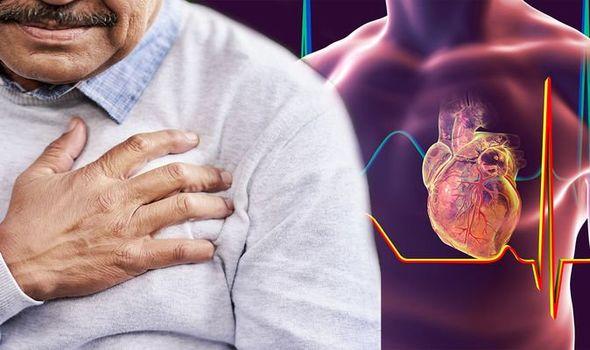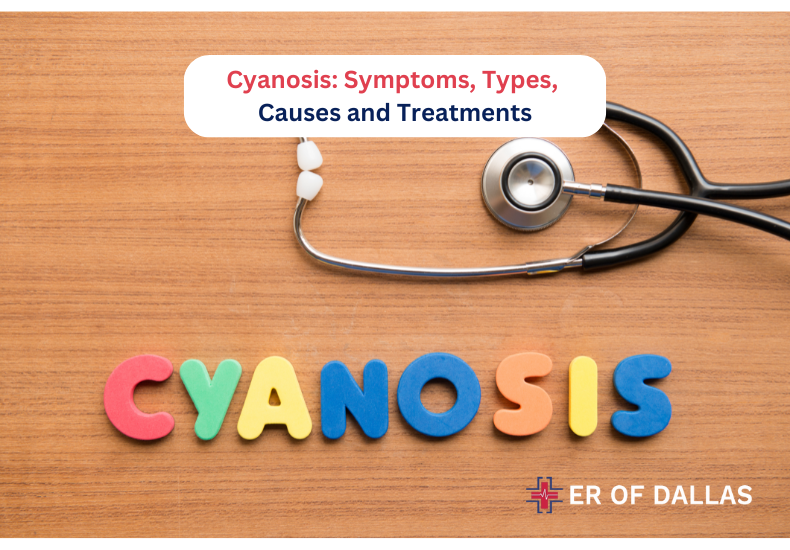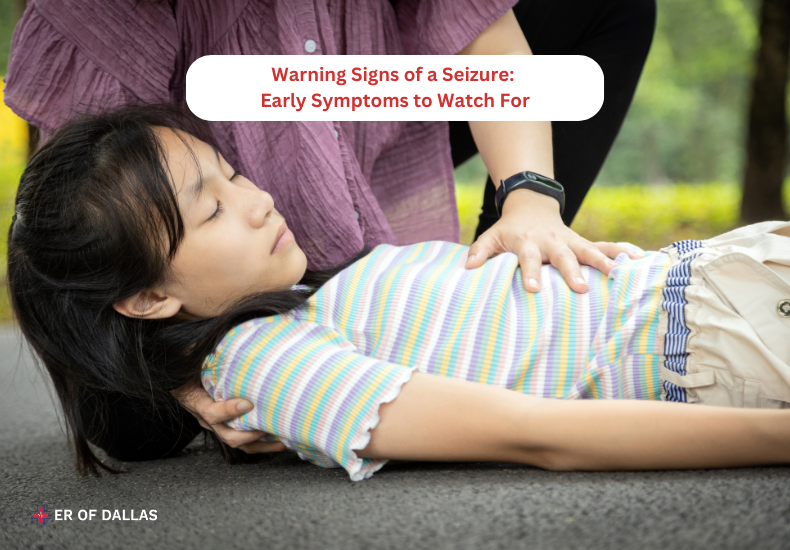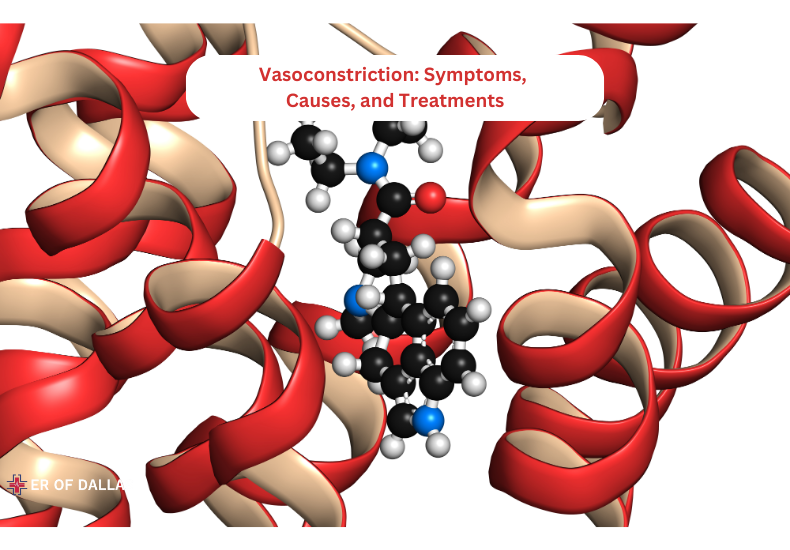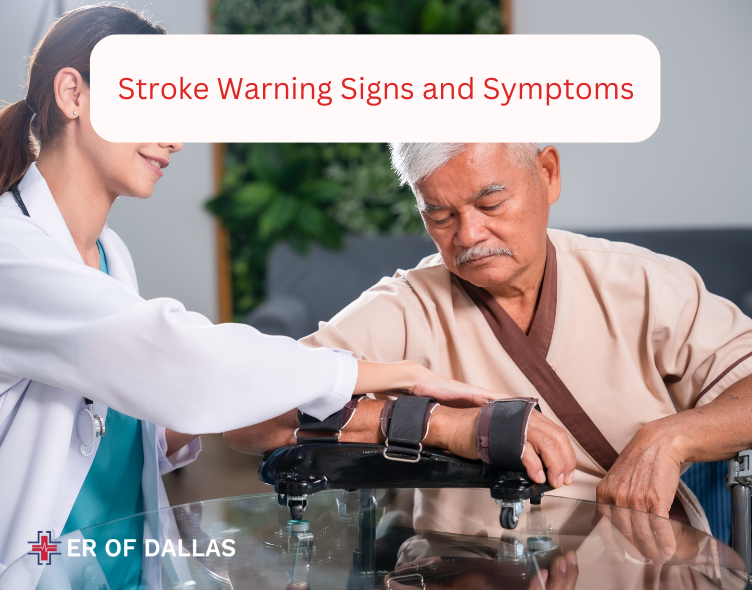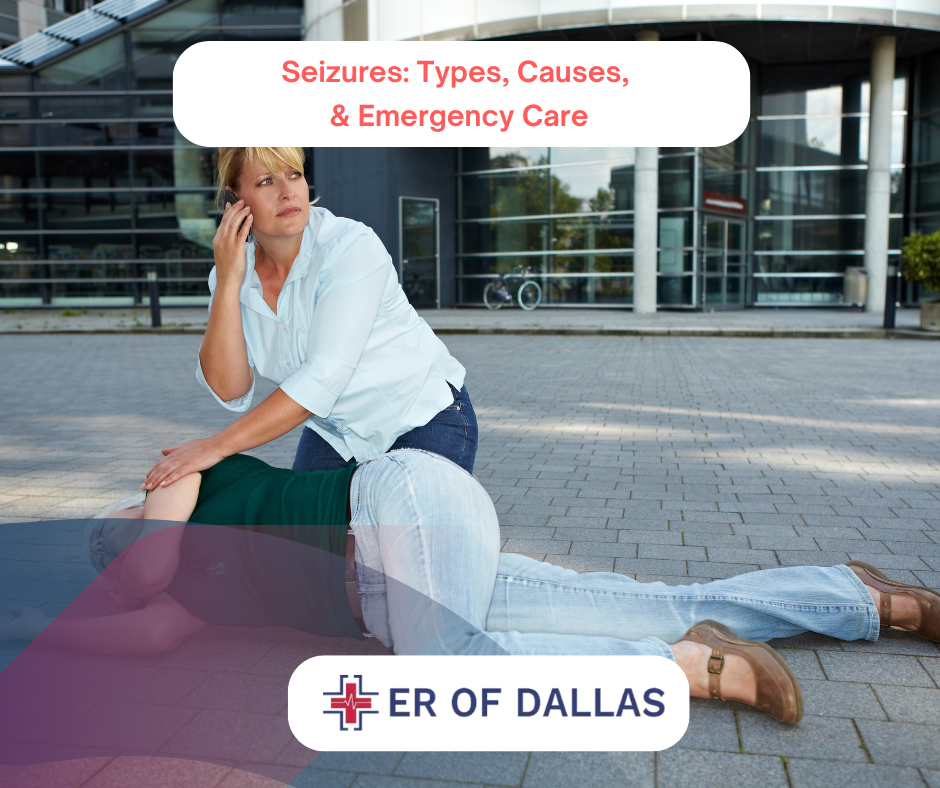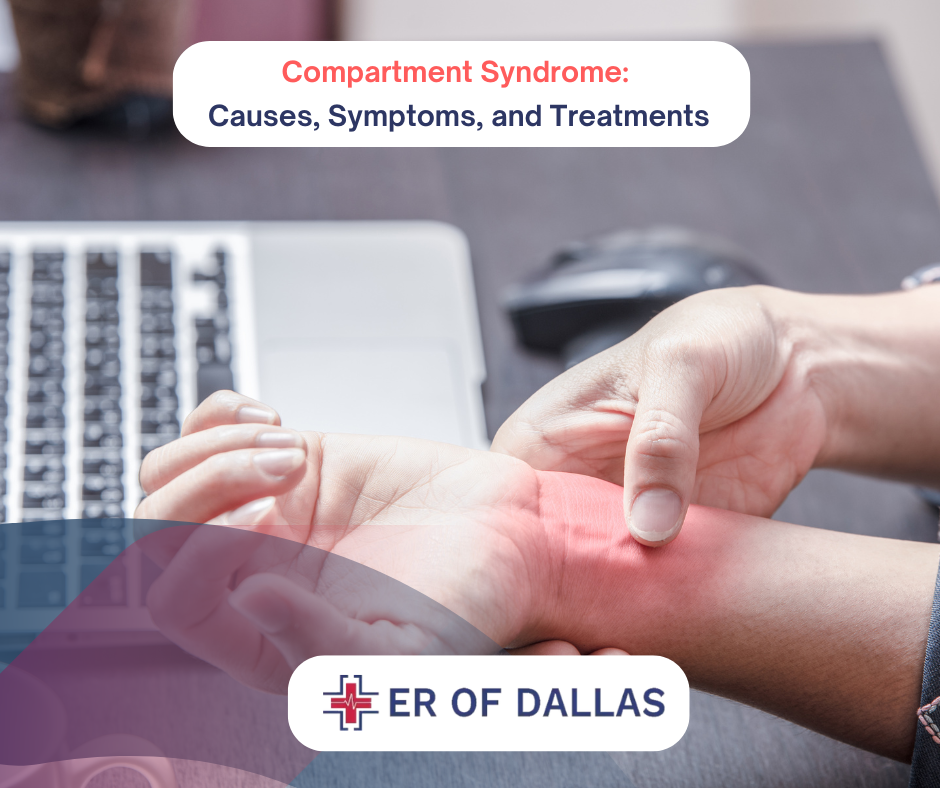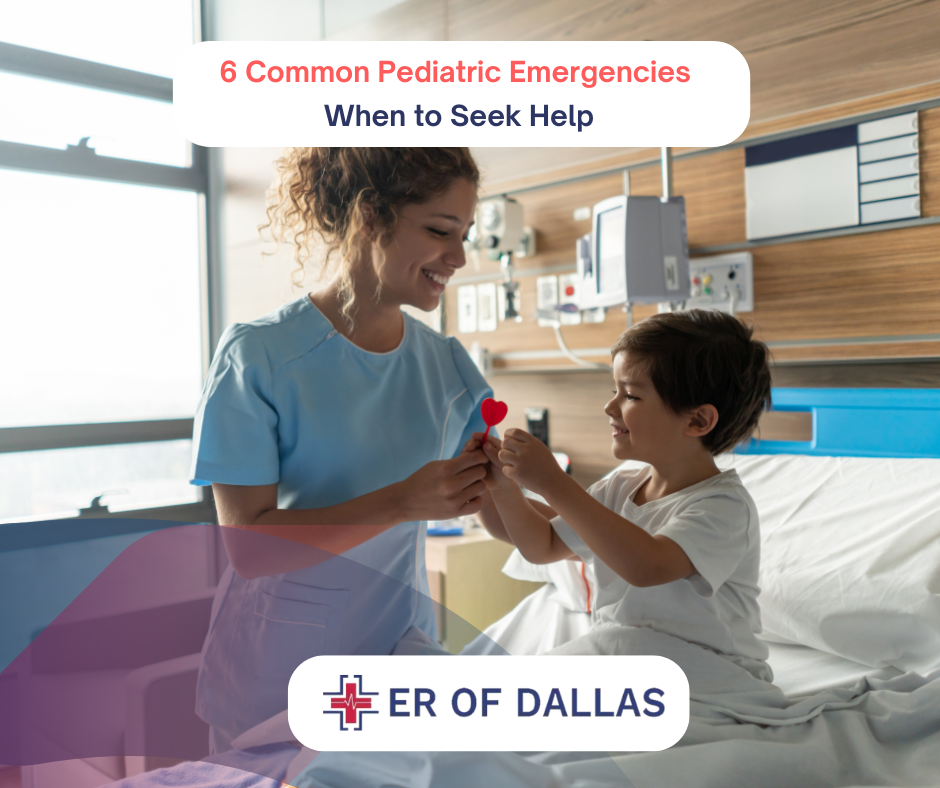5 Ways to Reduce Your Risk of Heart Attack
In the battle against heart attack and stroke, your lifestyle is your best protection and responsibility. The recommendations below are part of a heart-healthy lifestyle. The following guidelines can help you with the risks of heart attacks.
Excessive cholesterol in the blood
Medication may be the answer to heart attack treatments if diet and exercise alone aren’t enough to decrease such levels. Follow the doctor’s instructions in the letter. Here’s how to find out where you should put those numbers:
-
Total Cholesterol
To get your total cholesterol score, use the following formula: HDL + LDL + 20% of your triglyceride level is your triglyceride level.
-
“Bad” cholesterol is LDL cholesterol (low-density lipoprotein)
Low LDL cholesterol levels are regarded to be good for your heart. According to the latest American Heart Association guidelines, your LDL cholesterol level should no longer be the primary factor in determining therapy to prevent heart attacks and strokes.
-
HDL (high-density lipoprotein) cholesterol = “good” cholesterol
If your HDL cholesterol is low, you’re more prone to heart disease. In those with high blood triglycerides, low HDL cholesterol is frequent.
-
Triglycerides
The normal triglyceride levels vary by age and gender. A high triglyceride level combined with low HDL cholesterol or high LDL cholesterol is connected to atherosclerosis.
Altering Your Lifestyle o Give up smoking
If you’re a smoker, give up. Encourage everyone in your family who smokes to quit. Recovery following a heart attack or stroke, on the other hand, is more complex, as is living with chronic heart disease. Decide to depart without hesitation. If you require support, we will gladly provide it.
-
Make good eating habits a priority
A balanced diet is one of the most potent weapons in the fight against cardiovascular disease. Other risk factors that can be altered by the food you eat (and how much of it you eat) include: Cholesterol, blood pressure, diabetes, and obesity are all things to take into account. Choose nutrient-dense foods over nutrient-deficient foods. Nutrient-dense foods are abundant in vitamins, minerals, fiber, and other nutrients while low in calories.
-
Get some exercise every day
Participate in some physical activity every day. Even if it’s only for a few minutes at a time, it might be good for your health. According to research, persons with even a rudimentary fitness level are significantly less likely to die young than those with a poor level of fitness.
-
Make a concerted effort to keep a healthy weight
Obesity is quite widespread among adults and children in the United States. Supplements and fad diets aren’t going to solve the problem.
Eat a diet rich in fruits, vegetables, and seafood
Focusing our meals on entirely fresh foods like vegetables, fruits, nuts, whole grains, legumes, and seafood may substantially reduce our salt intake and lose weight.
According to research, adding more of these items to your diet can help you lose seven pounds and lower your blood pressure by 11 points without having to diet.
Processed foods and sweets should be avoided as much as possible
The most efficient approach to promoting high blood pressure and obesity is processed meals. Everything that comes in a package, bakery container, soda can, soup can, jar, frozen dinner or pizza box, salad dressing bottle, and 99 percent of what you eat at restaurants or fast food places is considered processed food.
Maintain a good attitude about your health
It is impossible to exaggerate the link between mental health and cardiovascular disease.
Whatever you do to improve your mood and manage stress will significantly influence your health. While physical activity is the most effective strategy to keep a fitness mindset, other activities might help:
- Take a stroll through the woods. Go on a mountain trek or even go outside.
- Humans are social beings that thrive on meaningful encounters. As we give ourselves to others for a greater purpose, we will feel happier and improve our health.
- In whatever form it takes, Meditation may have a profoundly relaxing effect on the cardiovascular system.
It’s important to remember that making life changes takes time and effort and if you feel any symptoms, rush to a nearby ER such as ER of Dallas. These tasks may appear complicated at first, but they will become more uncomplicated as you include them in your routine. What exactly is the good news? As a result, your heart attack will be minimized. Best wishes!

